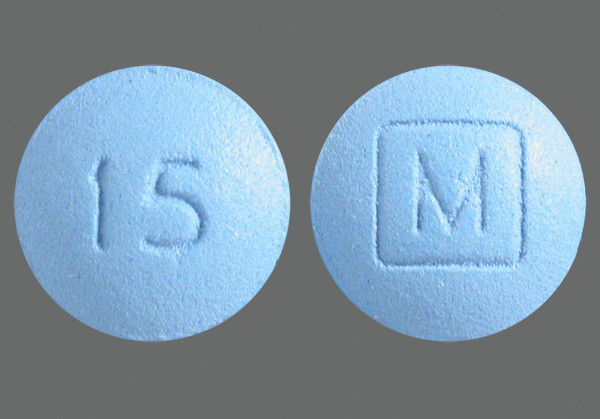
Strong Painkillers: Opioids
There are lots of different kinds of painkillers which are suitable for various kinds of pain. If the OTC painkillers don’t help, you’ll have to see your doctor for stronger painkillers. A majority of doctors will begin by prescribing you a painkiller that is weaker, like ibuprofen or paracetamol. If they do not work, depending on the kind of pain you have, your doctor might prescribe you an opioid, which is a kind of strong painkiller.
Opioids work by binding to opioid receptors in the central nervous systems like brain and spinal cord, the gut, or other areas of the body. This will decrease how you feel pain and what your reaction is to that pain because it increases your tolerance for pain.
Opioids are generally divided up into two groups: strong opioids and weak opioids.
|
Weak Opioids |
|||
|
Name |
Pain It Relieves |
Part of Body It Works for |
Common Side Effects |
|
Codeine |
Mild to moderate |
Nervous system and brain |
|
|
Dihydrocodeine |
Moderate |
Brain |
|
|
Strong Opioids |
|||
|
Name |
Pain It Relieves |
Part of Body It Works for |
Side Effects |
|
Tramadol |
Moderately severe pain |
Nervous system and brain |
|
|
Buprenorphine |
Moderately severe pain |
Same as above |
|
|
Methadone |
Severe pain |
Same as above |
|
|
Diamorphine |
Severe pain |
Same as above |
|
|
Fentanyl |
Severe pain |
Brain and spinal cord |
Same as above |
|
Hydromorphone |
Severe pain associated with cancer |
Nervous system and brain |
Same as above |
|
Morphine |
Severe pain |
Same as above |
Same as above |
|
Oxycodone |
Severe pain |
Same as above |
Same as above |
|
Pethidine |
Severe pain, especially during childbirth |
Same as above |
|
Can You Use Strong Painkillers?
Some people who have particular conditions can’t use some medicines, and sometimes a medicine can be used only if you are extra careful. For such reasons, before you begin taking strong painkillers, your pharmacist or doctor will need to know:
- If you are breastfeeding or pregnant.
- If you have any kind of breathing problems, such as chronic obstructive pulmonary disease or COPD, or asthma.
- If you have kidney or liver problems.
- If you have low blood pressure or epilepsy.
- If you have a problem with your pancreas or bile duct.
- If you have an inflammatory bowel problem or have been constipated for over a week.
- If you have ever been dependent on alcohol or drugs.
- If you’ve recently had a severe head injury.
- If you have myasthenia gravis, a condition which causes weak muscles.
- If you have ever been allergic to this or any other medicine.
- If you’re taking any other medicines, including any OTC medications, complementary medicines or herbal medicines.
Can You Buy Strong Painkillers?
You cannot purchase strong opioids over the counter yourself. These opioids are also referred to as controlled drugs, which means they must be stored in a special cupboard contained in the pharmacy, and your doctor will have to write the prescription for these strong painkillers in a particular way.
Will You Become Addicted to Strong Painkillers?
It is not a regular occurrence for people who are taking opioids for pain to become addicted to these strong painkillers. You might find, however, that if you’ve been taking these best painkillers for a long enough period of time, they won’t work quite as good as they did when you started out. You might need to take a higher dose to treat your pain. This is called having a tolerance to a particular drug.